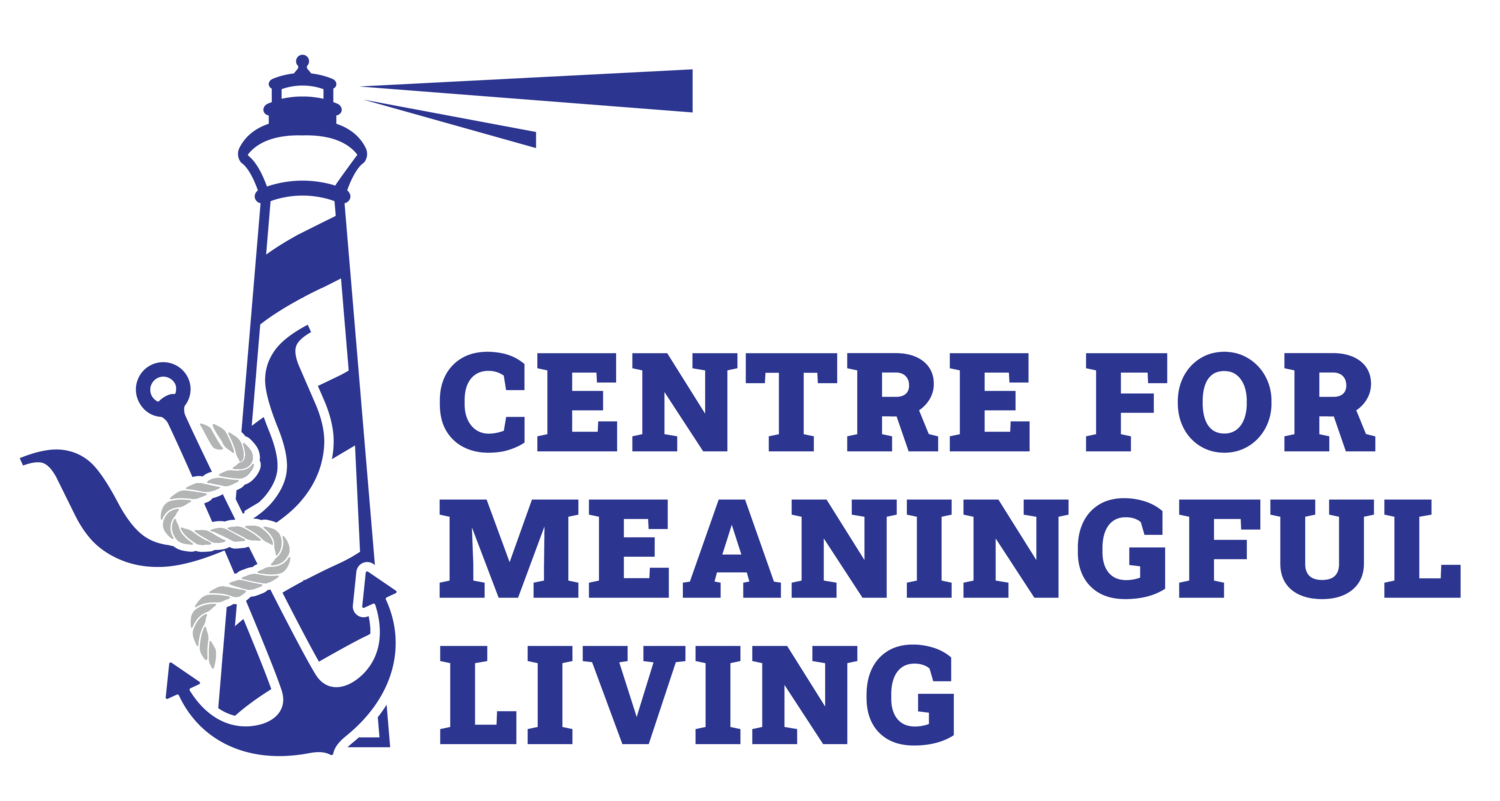
Mission, Vision, and Values
Mission
When engaging in a therapeutic assessment or treatment, I help individuals understand and address the symptoms, internal experiences (e.g., memories, emotions, thoughts), and circumstances that are keeping them stuck; help them identify what meaningful living means to them; and help them build the sort of life they want to live.
In the field of mental health, there tends to be an emphasis on diagnosis, and while diagnosis does play an important role in understanding a person’s difficulties, mental health is much more than a checklist of symptoms. Regardless of the nature of the problem, I consider the whole individual, including their unique personality pattern, cultural and social context, and life experiences.
My practice is evidence-based, meaning every decision I make is grounded in research, whether that is employing a particular intervention or selecting a psychological test measure. As a psychologist, I utilize a theoretical orientation, which is a fancy way of saying I use theory(ies) to guide my understanding of a person and select appropriate interventions. My orientation is integrative, meaning I incorporate elements from several different theories. This does not mean I just take what I like from different theories and throw it against the wall to see what sticks, however. Taking a truly integrative approach involves meaningfully connecting different ways of understanding a person in a way that makes sense. People are complicated, so the theories we use to guide our work should be comprehensive and flexible.
Vision
The Centre for Meaningful Living will pursue clinical excellence, providing the highest quality, evidence-based, affordable, and accessible care.
Values
My approach as a clinician is defined by the following values:
Genuineness: On television, psychologists are often depicted as someone who speaks softly and slowly, as though any natural inflection in one’s tone might bring the whole appointment to a grinding halt. There is no ‘fake therapist’ voice here. The relationship between a client and their psychologist is a real relationship, albeit a professional one, and I always treat it as such.
Presence: I believe that one of the keys to a successful working relationship is maintaining awareness of what is happening right now, in the moment. Whether we are working together for an assessment or in therapy, you will likely be talking about painful things. So much goes on ‘behind the scenes’ when we talk about difficult stuff, and if your clinician is not attending to what you are saying (or not saying), it can lead to feelings of being unheard or misunderstood.
Empowerment: I believe everyone is doing the best they can with the skills they have. I aim to build on what you already know so that you can take back control of your life. I always say that my ultimate goal is to work myself out of a job. If you are coming to me for therapy, the idea is that you will practice everything we do together so that eventually you are able do it on your own. If we are working together on an assessment, this is an opportunity to explore your problems in a way that most people have not experienced, with the goals of meaning-making and developing a road map for success.
A note about forensic assessments:
In addition to clinical services, I also offer forensic assessment and treatment services. Forensic assessments are not therapeutic assessments. In forensic assessments, my job is to provide a fair and objective opinion regarding any (neuro)psychological difficulties you might be experiencing. The goal of the assessment is to assist in answering specific legal questions, rather than to help you feel better or improve your life. My approach as a clinician does not change, however. All assessments are conducted in a collaborative manner in the sense that you and I are actively involved in the assessment process. We will explore your difficulties in the same compassionate manner I would for any other assessment, and my aim is to understand your subjective experiences. Research indicates that this approach results in a more informative and higher-quality assessment.
Technical Stuff
Dr. Kyrsten Grimes, C. Psych (she/her)
I received my Ph.D. in Clinical Psychology from the University of Toronto Scarborough. I am a psychologist with the College of Psychologists of Ontario and licensed to practice in the areas of Clinical, Forensic, and Neuropsychology with adults. I am a psychologist at Waypoint Centre for Mental Health Care in the only high secure forensic mental health program in the province. I have served on various executive committees within the Canadian Psychological Association (CPA), as well as other national organizations.
I am continuously active in clinical research, focusing on the metacognitive and neurocognitive predictors of psychosis to develop more targeted psychological interventions for schizophrenia in forensic settings. I have also examined neurocognition in traumatic brain injury and antisocial personality disorder. I have numerous peer-reviewed publications, have given presentations at national and international conferences, and have been the recipient of research and teaching awards.


